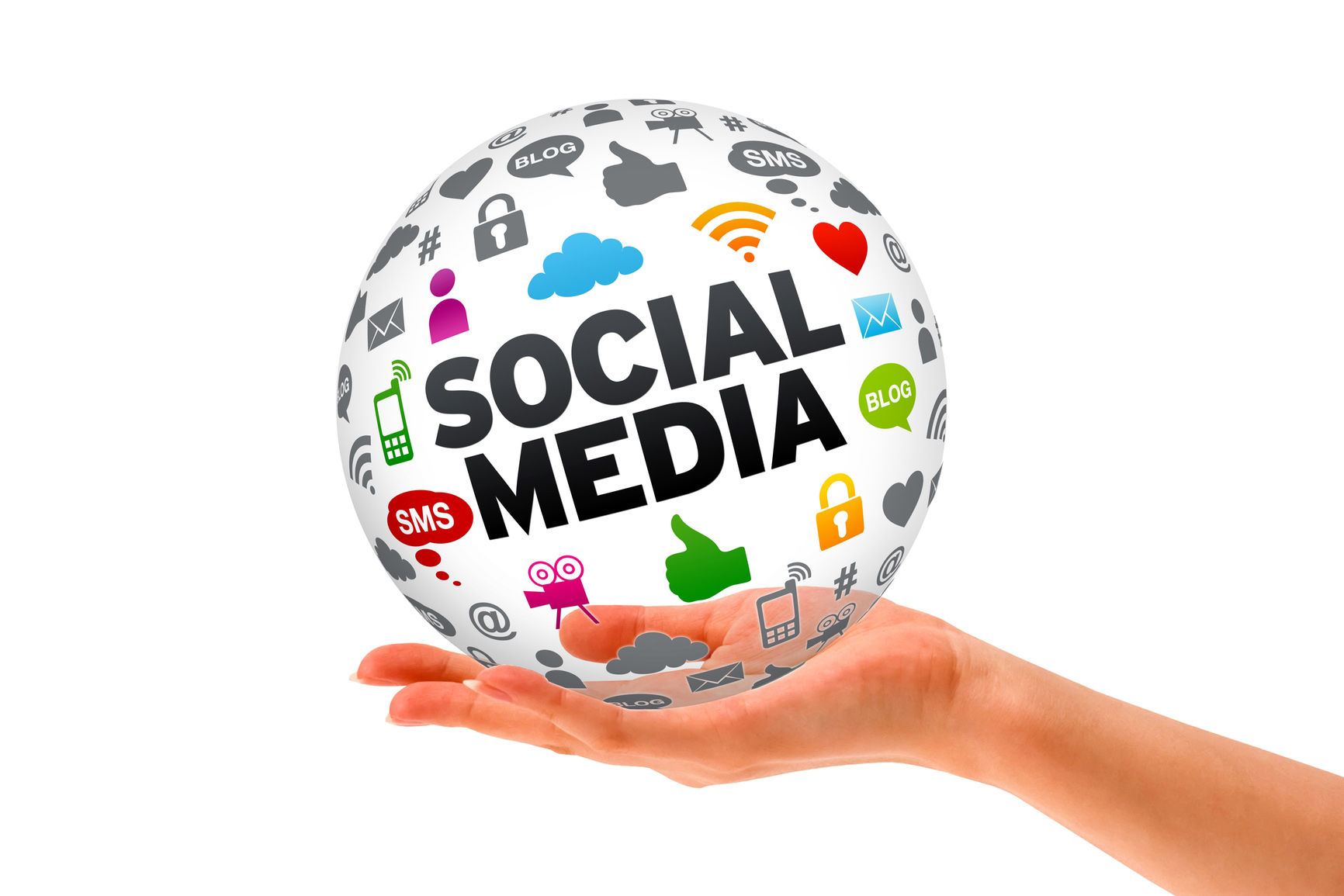In the digital age, social media has become a ubiquitous force, shaping how we connect, communicate, and perceive ourselves. A subtle yet powerful aspect of this phenomenon is the dopamine hit we experience with every like, share, and comment on our posts. Dopamine, a neurotransmitter associated with pleasure and reward, plays a significant role in reinforcing behaviors that give us a sense of satisfaction and happiness. When we receive a like or positive feedback on social media, our brain releases dopamine, creating a feeling of pleasure that encourages us to repeat the behavior. This process, while seemingly harmless, can lead to a pattern of digital dependency that significantly impacts mental health. The allure of social media lies in its ability to provide instant gratification. Each notification or acknowledgment triggers a dopamine response, offering a quick boost of happiness. However, this constant cycle of seeking and receiving validation can lead to an over-reliance on digital interactions for emotional well-being. When the anticipated likes and comments are not forthcoming, it can result in feelings of inadequacy, anxiety, and depression.

The disparity between the immediate gratification of social media and the more complex, less predictable nature of real-world relationships can create a distorted sense of self-worth and fulfillment. The impacts of this digital dependency extend beyond individual experiences and navigate to these guys. Research has shown that excessive use of social media can lead to a host of mental health issues, including increased rates of anxiety, depression, and low self-esteem. The pressure to maintain an idealized online persona, coupled with the constant comparison to others, can exacerbate these issues. The curated nature of social media platforms often presents an unrealistic standard of success and happiness; leading individuals to feel inadequate when their real lives do not measure up to these idealized images. Moreover, the compulsion to check social media frequently can disrupt daily life and responsibilities, contributing to a cycle of procrastination and reduced productivity. The constant need for validation can also strain relationships, as individuals may prioritize online interactions over face-to-face connections, leading to social isolation and a diminished quality of interpersonal relationships.
Addressing the hidden impact of social media likes on mental health requires a multifaceted approach. Increasing awareness about the psychological effects of digital dependency is crucial. Encouraging individuals to engage in mindful social media use, setting boundaries for online activities, and fostering real-world connections can help mitigate the negative effects. Additionally, promoting digital literacy and encouraging a balanced perspective on social media can empower individuals to navigate their online presence more healthily and sustainably. In conclusion, while social media platforms offer unparalleled opportunities for connectivity and expression, their impact on mental health should not be underestimated. The dopamine-driven feedback loop created by likes and positive interactions can lead to digital dependency, with significant implications for emotional well-being. Recognizing and addressing these effects is essential for fostering a healthier relationship with social media and supporting overall mental health.
